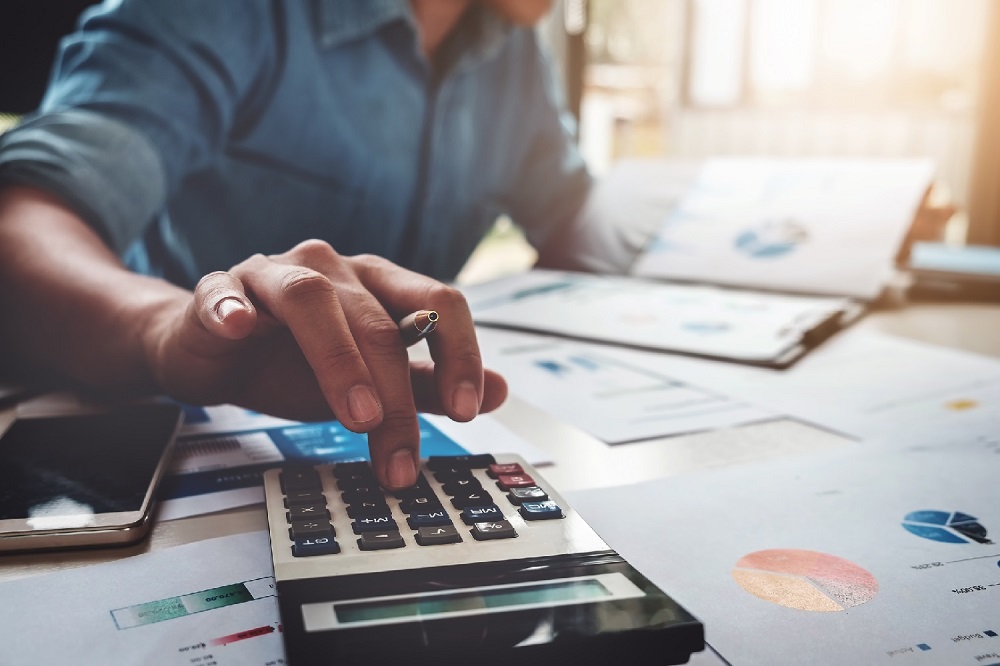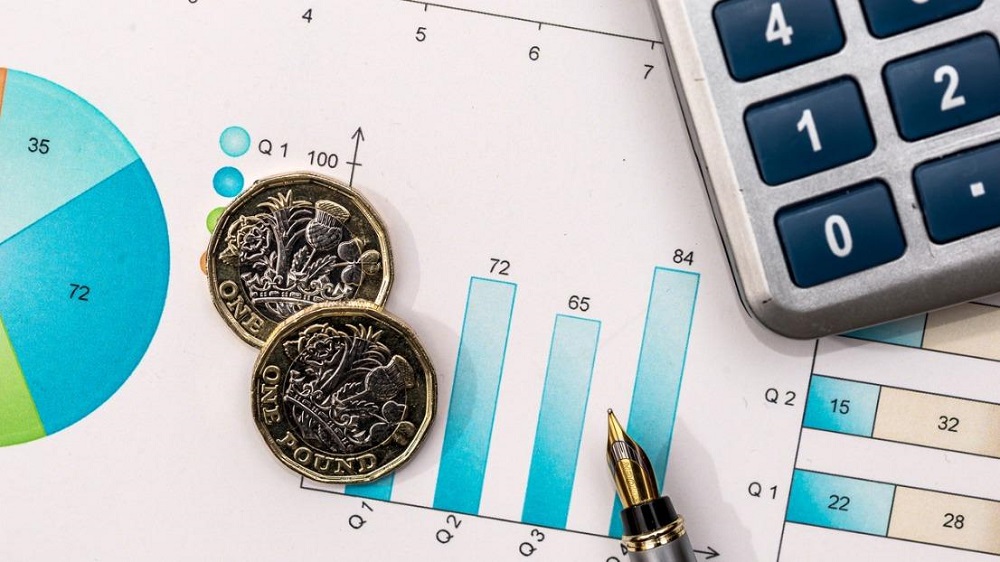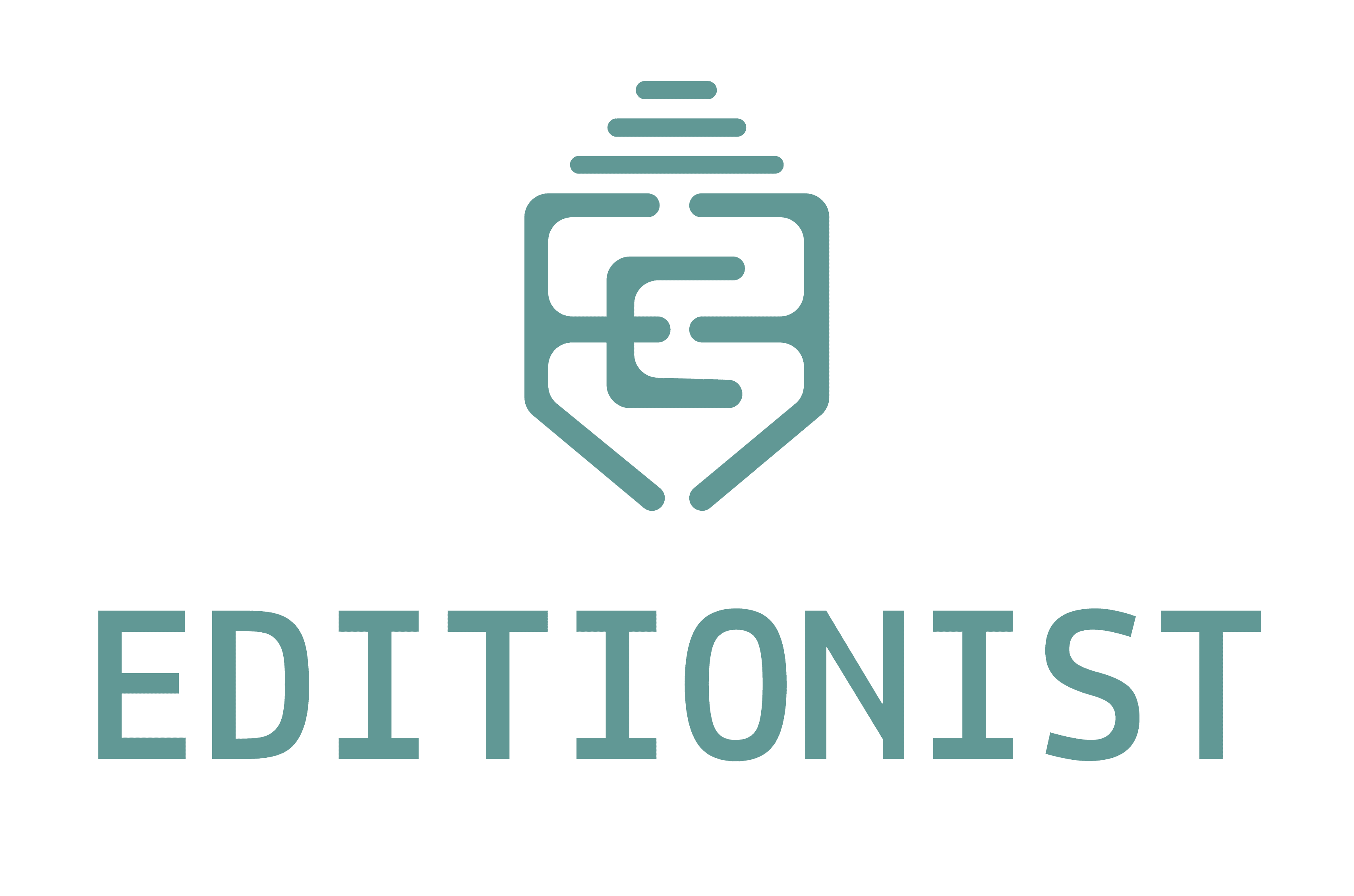The economic cycle is a phenomenon that describes the natural fluctuations in economic activity, including production, employment, and prices. These cycles are characterized by periods of expansion and contraction, significantly impacting individuals, businesses, and governments.
Understanding the economic cycle is important because it can help us prepare for and respond to changes in the economy and make more informed decisions about investments, policy, and finances.

What is the Economic Cycle?
The economic cycle is a pattern of ups and downs in economic activity, generally characterized by four phases: expansion, peak, contraction, and trough. During the expansion phase, economic growth is strong, employment is high, and prices may begin to rise as demand increases.
The peak phase marks the end of the expansion and the beginning of the contraction phase, during which economic growth slows, employment may decline, and prices may fall as demand weakens. The trough phase marks the end of the contraction and the beginning of the next expansion.
Why is the Economic Cycle Important?
Predicting the Future
Understanding the economic cycle can help businesses and individuals predict future economic conditions, allowing them to plan accordingly.
For example, during an economic expansion, businesses may anticipate increased demand for their products and services and invest in new equipment and personnel to meet that demand. On the other hand, during an economic contraction, businesses may prepare for reduced demand and cut costs to remain profitable.
International Trade
Finally, the economic cycle can impact international trade and relationships between countries: During an economic expansion, countries may experience increased export demand, leading to higher economic growth and potentially stronger trade relationships.
However, during a contraction, countries may experience reduced export demand and seek to protect their domestic industries through tariffs or other trade barriers.

Financial Decision-Making
The economic cycle can also impact financial decision-making, including investments and personal finances. During an economic expansion, investors may be more willing to take on risk and invest in stocks and other assets that offer higher returns.
However, during a contraction, investors may become more risk-averse and seek safer investments, such as bonds and cash. Similarly, individuals may adjust their finances based on the economic cycle.
During an expansion, they may be more likely to take on debt to make investments in their education or a home. However, during a contraction, they may focus on paying down debt and building up savings to weather potential financial challenges.
Government Policy
The economic cycle can also influence government policy decisions. During an economic expansion, policymakers may focus on managing inflation and maintaining stable growth.
However, during a contraction, policymakers may enact policies to stimulate the economy, such as lowering interest rates or increasing government spending.

Conclusion
In conclusion, the economic cycle is an important phenomenon that can significantly impact individuals, businesses, and governments. Understanding the economic cycle can help us prepare for and respond to changes in the economy, make more informed decisions about investments and personal finances, and influence policy decisions that can impact the entire economy.
By tracking economic indicators and staying knowledgeable about the current state of the economy, we can better anticipate and manage the impacts of economic cycles on our lives and the broader community.




